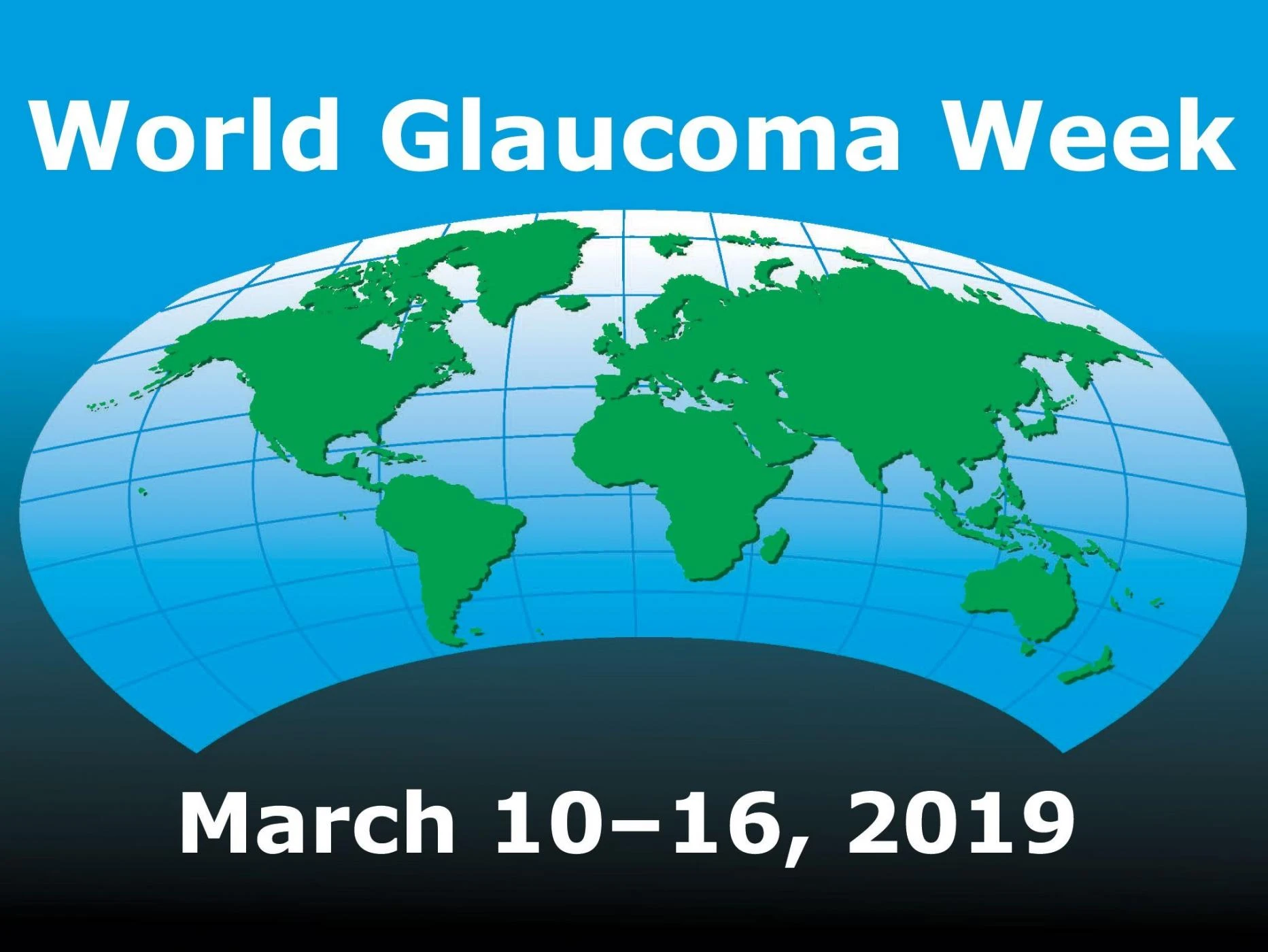Are You Suitable for Laser Eye Surgery?
personalEYES | 12 Sep 2019

Laser eye surgery can be a life changing procedure that can help improve the eyesight of people suffering from a number of common vision conditions, however, not everyone will have a problem that can be resolved by laser eye surgery or they may not be the right candidate due to a number of other health considerations.
To see whether you are a suitable candidate for laser eye surgery we have compiled a number of important considerations below to consult before booking an appointment. If in doubt, however, you should still consult a doctor or visions specialist to ensure that you are not missing out on medical care that you might in fact be suitable for.
First you need to know whether your eyesight issue can be resolved by laser eye surgery:
LASIK laser eye surgery is a form of refractive surgery that uses a laser to reshape the cornea at the front of your eye. The cornea is the clear film that covers your pupil and is vital to allowing light to properly enter eye and be collected correctly against the retina.
Refractive surgery therefore targets vision issues that are caused by irregularities in the cornea. The most common eyesight issues caused by refraction problems include hyperopia (farsightedness), myopia (nearsightedness) and astigmatism.
If you already have glasses or contact lenses and know that one of these common eyesight problems is the cause then laser eye surgery might be suitable for you.
Similarly, if you suspect that you have one of these conditions because you are suffering from blurry vision, difficulty seeing at night, eyestrain and headaches then you might wish to consult with an eye care specialist to diagnose your condition and discuss whether laser eye surgery is an option.
There are some people who might not be suitable despite having hyperopia, myopia or astigmatism:
Laser eye surgery requires stable eyesight and general good health to lower the possibility of complications and improve the chance of a successful procedure. Therefore some people who may not be suitable include:
- Someone who has a varying refraction error. If you find that you need to change your glasses regularly or have recently undergone significant changes in eyesight (one-half dioptre or more) then your vision may not be stable enough to allow for laser eye surgery. Approximately one to two years of stable vision is required before laser eye surgery becomes an option.
- Someone who has a very high refractive error. If you have above average levels of hyperopia or myopia then laser eye surgery such as LASIK might not be suitable for you. You should talk to your eye care specialist for other surgical and non-surgical options.
There are some people who might not be suitable due to other eye disorders conditions or related considerations:
Aside from the type of refractive error there might be other consideration which would make laser eye surgery unsuitable for you, including:
- Other eye or health problems. If you have other eye conditions or an autoimmune disorder such as keratoconus, Lupus or diabetes then you might not be suitable for eye surgery and need to discuss your options with your doctor.
- Candidates younger than 20 years old. People’s eyesight often continues to change until they are 20 years old, thus laser eye surgery is usually not recommended until they are older and maintain a stable subscription for longer than 12 months.
- Women who are pregnant or lactating. It is common for women who are lactating or pregnant to suffer from temporary changes in eyesight due to hormonal shifts in the body, thus, they wouldn’t be recommended laser eye surgery until the eyesight problem is proven a longer term condition.



